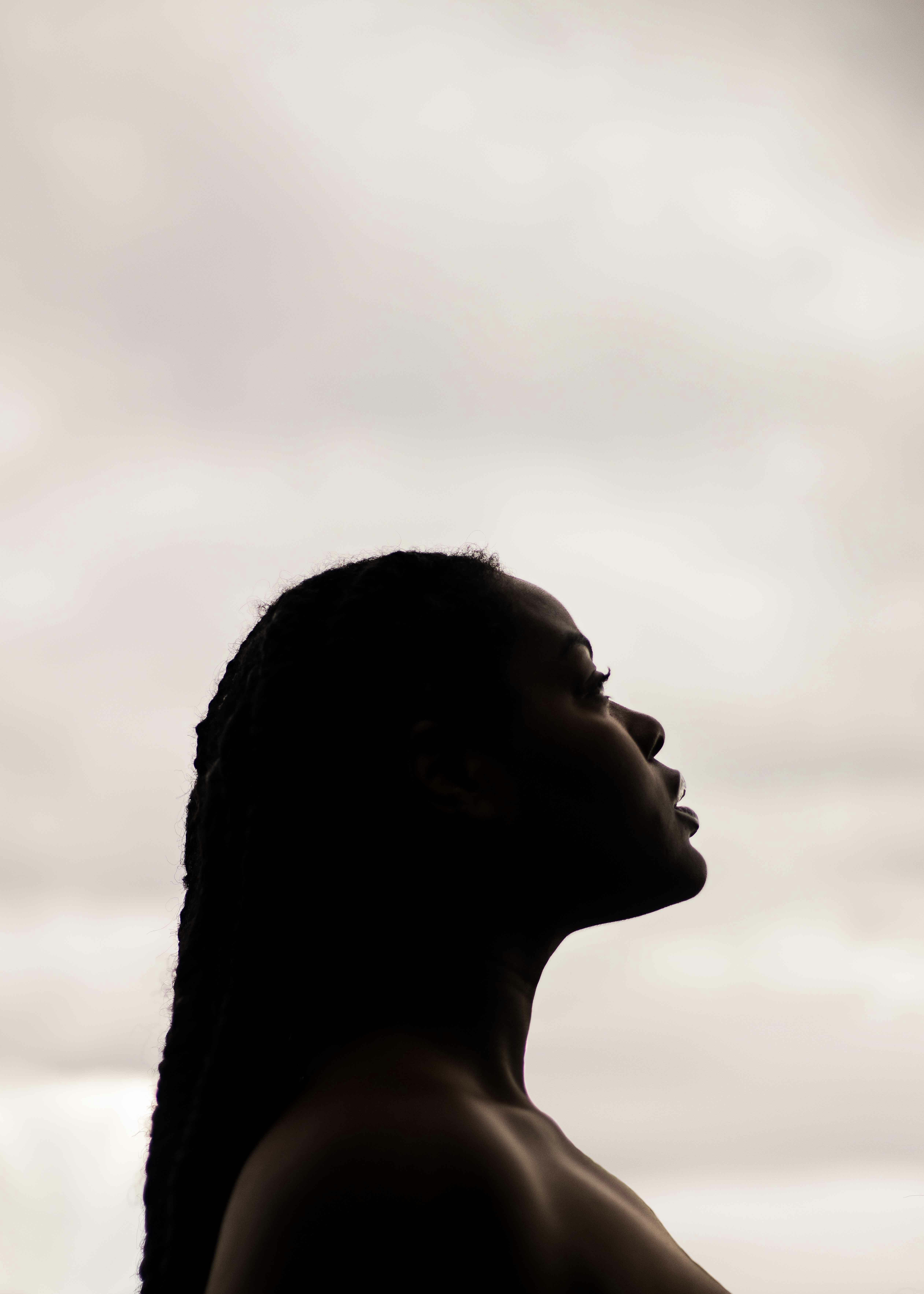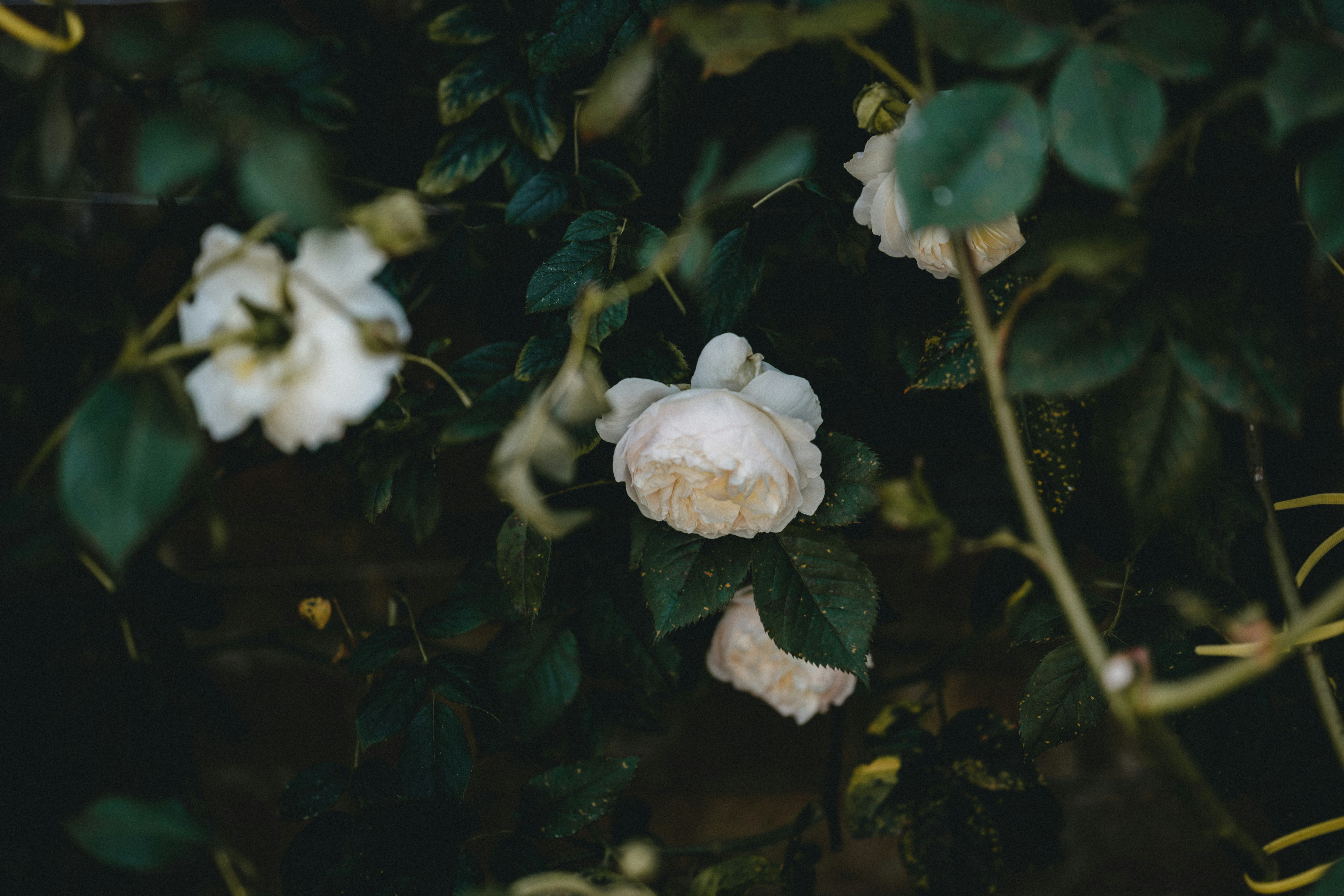As a photographic practice, fragmentation has always fascinated me. Images of dark corners in brightly lit rooms; photos of isolated limbs curving toward another subject; highlighted facial expressions and gestures in a crowded, chaotic space. I pinpoint the beauty of fragmentation in its ability to make a passive viewer into an active participant in the creative process.
Once viewers start to grasp at what is present, what is missing, and why, they invite their memory into the space. Memories - of experiences, personal histories, and how we’ve perceived the world around us in the time leading up to our entanglement with the fragmented photograph - are summoned into the space to try and answer questions about what we can and cannot see. Memory, third only to personality and love, is one of the most individualized lenses a person has to make sense of the world. This admiration for fragmentation, its silences, and its sensibilities made me fall in love with Instagram early.
*
Most of my current vocabulary around boundaries developed through my use of social media. To be Black, fat, and passionate about yourself is one thing. To be Black, fat, and passionate about yourself has the potential to trip the public’s breaker. But when you spend so much time wrapped up in understanding your well-being through the lens of a public and its fallacies, there is an inevitable yearning that will creep up. One that keeps the lines between revolutionary and reactionary blurred. One that asks the question:
Who am I beyond the screens?
*
I deleted my old Instagram account in a sort of shock. I had prided myself on being virtually vulnerable - sharing out about past love affairs, creative motivation, about loving the fragments of my character. The curves and cuts covering my flesh.
But they were love affairs I had not processed. Motivation I could not locate within my psyche. Fragments ripped from totality by self-directed claws. Curves and cuts I could not make sense of. I could not face them in the mirror. Here, in this body, I was alone.
*
Why am I alone?
*
I framed things I hoped to know as knowledge I already had.
How to feel good in your body.
How to feel.
How to feel good.
I carried deep-seated anxiety around comparisons to fat Black figures in entertainment. How could I not? An adolescence full of Precious and Rasputia comparisons made me feel as big as they did small. When alone, I would continuously seek ways to distance myself from these characters; I am not like Precious because I would not steal fried chicken and run with it. (I would steal a bucket of chicken; I just don’t run.) I am not like Rasputia because her brashness doesn’t sit right in me. She is written like a Black woman character written by a Black man. A big character made small. Written by a small man looking to feel big.
I am a Black woman character written by myself.
*
Who am I beyond the image?
*
But when being called Precious or Rasputia, it was my body being antagonized. And the agony I felt had nothing to do with these personality comparisons. It had to do with my body. The crime was being fat. I grew angry at myself for being fat. I grew fearful of comparison. I still am.
I spent so much time trying to distance myself from these characters because they were fat. They were like me, in fatness and in that way. That particular way that women are the same. The way that women are never the same, but a public hellbent on ill-conjured totality insists upon their sameness.
*
What were they trying to make of us?
*
I lived in fear of these comparisons.
No one has ever compared me to Lizzo. At least, not to my face.
It’s funny, because when I look at Lizzo, I see myself. A Black woman character written by herself. I was 18 when I listened to Lizzo for the first time. I had seen screenshots of the video for “My Skin” all around my corner of Tumblr. I saw people respond to her softness with softness. It is so hard to find that in these corners of the internet. No hardness of projection, no hardness of internalized disgust. Just softness.
Four years later, “Truth Hurts” was released. As the song blew up and Lizzo became a more and more familiar face - and body - across my screens, the hate poured in.
I’d scroll through Twitter threads in the morning, dissecting a video she posted or a performance she recently had, and I’d see people tear her apart. And I grew angry with her. With her personality, her face, her body. So many people exposed themselves as self-hating bigots as Lizzo began to navigate her bigger platform. And I couldn’t help but feel big and small in my body while I read people’s body-based criticisms of Lizzo. I grew obsessed with reading the comments about her body as a way to discipline myself and my expression. To weigh the consequences of my forms of expression, physical and otherwise. It was at that point that I deleted Twitter from my phone to curb my social nausea.
I was angry at the wrong person.
*
Snapshots of a battle.
When Lizzo put up her Tik Toks about struggling with negative body image and wanting to change the way she looked, the lines between friend and enemy blurred.
With her audience, she shared herself at a low. A low I had stepped into, slept in, made a momentary home out of time and time again. When the weight of the world sets in. When you realize that you need love to. Who knows what she whispered to herself at night before hitting the upload button. I wonder.
*
Do you want to hear a poem?
*
Responses to Lizzo’s confessions - people congratulating her for finally deciding to lose weight, or other people who had sought validation out of her journey calling her a sellout - proved less about Lizzo than it did about bodily autonomy a fat Black woman has access to in the digital age. Online and away from keyboard, there is an emotional unloading that is done unto the fat, Black body. One that places fragments of those most disconnected from their bodies into the flesh of the connected. Like shards of glass.
*
How do you see me?
*
I was looking over poems I had written throughout my first serious relationship. I spent a lot of time writing about forgetting myself. I hadn’t noticed this was such a common theme. Inside and outside of the relationship, I was constantly at war with myself about the difference between care and control. For so long, I let people dictate who I am - out of fear of comparison, fear of feeling stagnant, fear of losing the fuel that could help me distance myself, make a distinct self, etc. I didn’t realize that I spent so much time being afraid of forgetting myself.
*
I am trying to get out of the hole.
*
Some days I look in the mirror and watch my hands dig into my flesh like clay. Pulling as far as things will stretch, attempting to mold myself into something I can stomach seeing. And within hours, I’m standing in front of the same mirror, apologizing, begging my body for another chance. My body forgives me. I say thank you.
Sometimes we call these moments art.
*
There is a place for me now.
*
I am trying to remember the whole.
She/her. Culture writer and poet focusing on art, pleasure, identity, and technoculture.. Host of Written By Kula, a forthcoming literary salon and creative hub. Underrated + underpaid comedienne.
Discover more from Rachel K. Godfrey.









